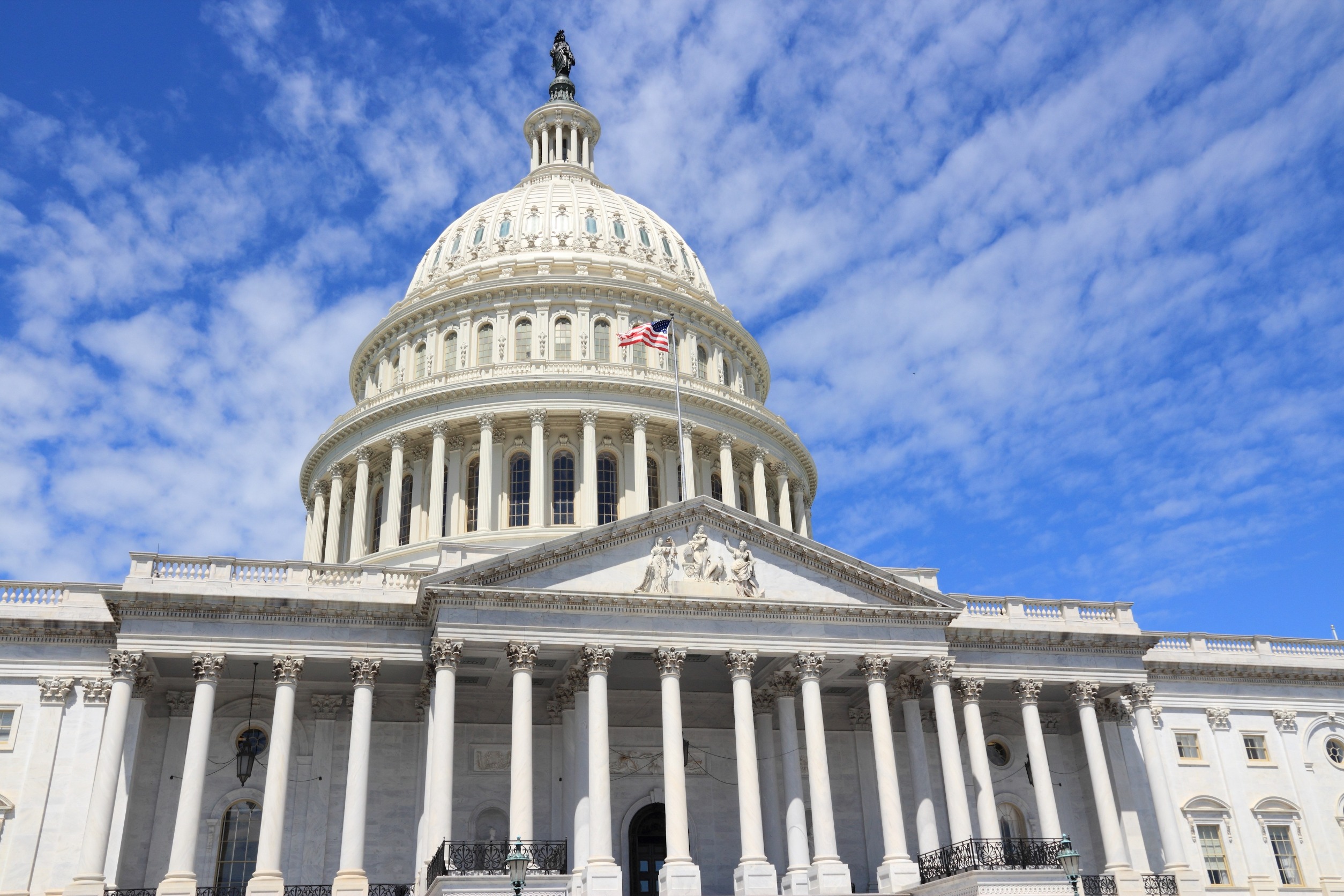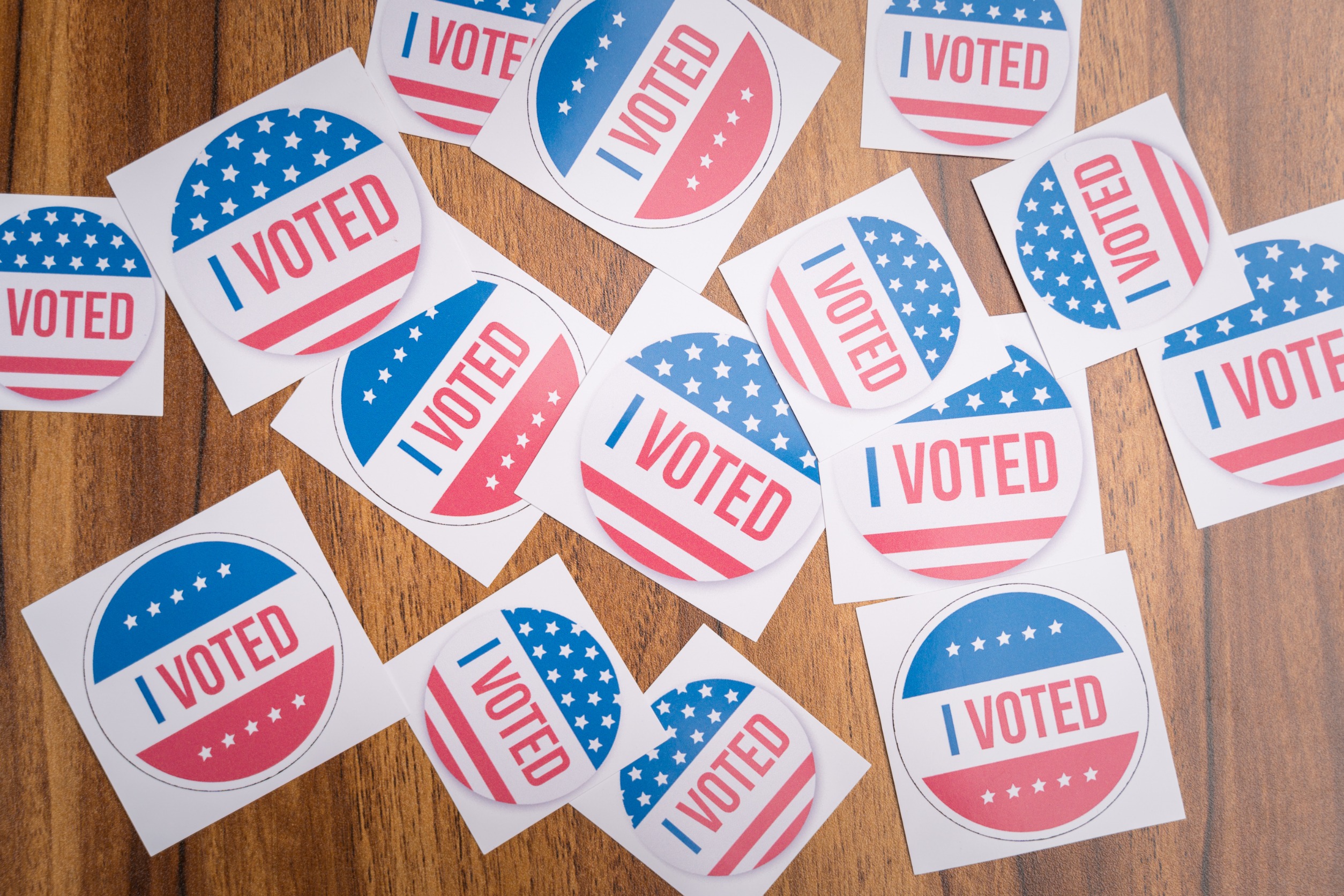While it’s all fine and dandy that plastic straws are being eliminated from popular use, the cigarette butt has largely evaded such regulation despite being the biggest ocean contaminant. Americans alone toss 360 billion cigarette butts each year – enough to fill almost four baseball stadiums.
Last year, the nonprofit Ocean Conservancy reported that cigarette butts, which contain plastic and toxic chemicals, were the most-littered item at their global beach cleanups. And even though environmental advocacy groups have spurred increased public education about the issue and pushed for the installation of more bins to safely dispose of butts, the pollution continues.
Now, legislators are trying a different approach – producer responsibility. The idea behind it is to shift the responsibility for the environmental costs of the badly designed product on the producer and encourage manufacturers to think about its full lifecycle. The decision comes after the realization that no amount of consumer behavioral changes or improved recycling programs can deal with the sheer volume of cigarette butt litter, without the producers changing their products to create less waste. This has led several states to consider new legislation that could force cigarette manufacturers to take responsibility for the environmental impacts of their products.
In California, for example, legislators introduced a bill to ban any tobacco products with single-use filters. The bill would represent a sweeping statewide restriction on tobacco in the US and effectively ban cigarettes as they are currently made and packaged now since virtually all have filters – which actually don’t provide the benefits most smokers think they do. If passed, the legislation would set a high bar for other states and represent major and represent a major win in the fight against pollution.












